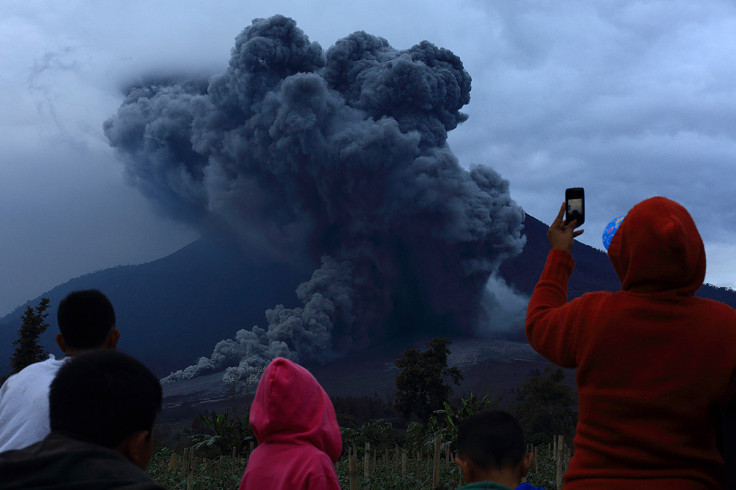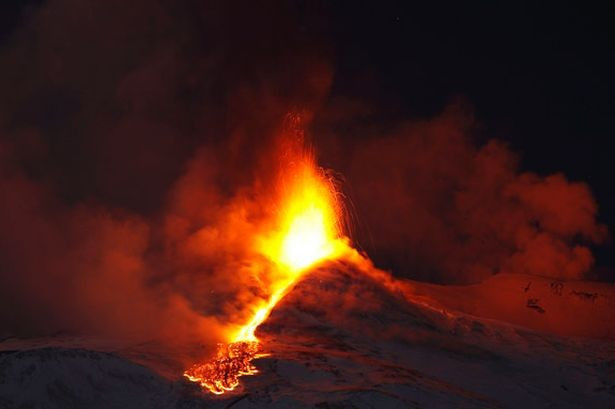Climate Change: Volcanic Eruptions Explain Global Warming 'Hiatus'

Volcanic eruptions are responsible, in part, for the recent hiatus in global warming that has encouraged a fresh attack on the concept of climate change by sceptics.
Researchers with the Massachusetts Institute of Technology (MIT) have said volcanic eruptions have contributed to a period of global cooling that has stabilised global temperatures.
In the 1990s, scientists predicted that the rapid global warming that had been observed for 20 years would continue. However, it levelled off and has remained flat for the last 15 years, something researchers have struggled to explain.
Climate sceptics have seized on this temperature stabilisation to claim that global warming is not taking place.
The MIT researchers said the surface temperature of the Earth had stabilised despite a continued rise in greenhouse gasses because volcanoes caused global cooling – a phenomenon current climate models do not account for.
Study co-author Susan Solomon said the team assessed how much volcanoes contributed to the troposphere (the lowest layer of the atmosphere) to show the role they play in keeping our planet cool.
Lead author Ben Santer said: "The recent slowdown in observed surface and tropospheric warming is a fascinating detective story. There is not a single culprit, as some scientists have claimed. Multiple factors are implicated. The real scientific challenge is to obtain hard quantitative estimates of the contributions of each of these factors to the so-called slowdown."

The team used two different statistical tests to work out if volcanoes had enough of a cooling effect to have an impact on climate. In both tests, they found evidence of significant correlations between "volcanic aerosols".
While greenhouse gasses cause global warming, other particles known as aerosols cause cooling. Volcanoes produce these aerosols in a phenomenon known as volcanic forcing.
Solomon said: "What's exciting in this work was that we could detect the influence of the volcanic aerosols in new ways. Using satellite observations confirmed the fact that the volcanic particles reflected a significant amount of the sun's energy out to space, and of course losing energy means cooling — and the tropospheric temperatures show that too.
"There are still uncertainties in exactly how big the effects are, so there is more work to do."
Alan Robock, a leading expert on the impact of volcanic eruptions on climate, said the study shows there are many causes of climate change, both natural and manmade, and that they all must be considered in predicting how the planet will change.
"Since none of the standard scenarios for evaluating future global warming include volcanic eruptions, this paper will help us quantify the impacts of future large and small eruptions when they happen, and thus better interpret the role of humans in causing climate change."
© Copyright IBTimes 2025. All rights reserved.






















